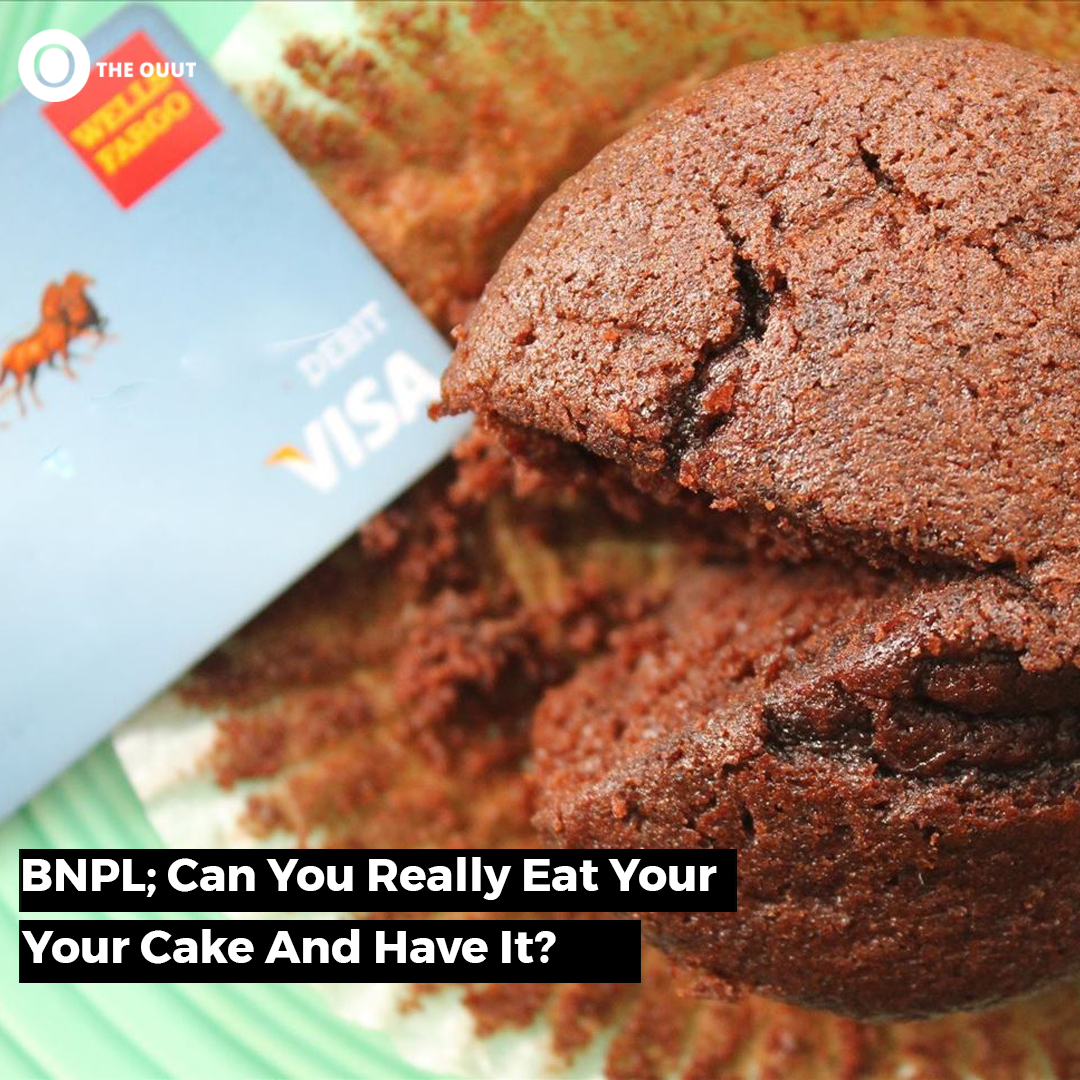BNPL; Can You Really Eat Your Cake And Have It?

BNPL in the past was called different names, credit cards, asset financing, rent to own, rent to buy, and many more. no matter the name it’s called it still means the same thing. The ability to purchase and immediately own an item and pay in instalments. The item can range from houses, vehicles, electronics, jewellery etc.
The Buy Now Pay Later (BNPL) service has been in existence right before it became a service trend instead, it is an evolution of a kind of payment, a consumer payment option that is intended to provide consumers with shopping ease, and conversion from consumer wants to consumer purchase for merchants.
So far without being analytical BNPL is simply a way consumers can “eat their cake and have it” whereby they can buy an item that is currently above their current budget and spread the payments over a period of weeks or months.
Convenience is key for consumers and Conversion is key for merchants, yet is that really what both parties gain from this payment method, are the benefits all that it seems to be?
BNPL Players in East and West Africa
“Buy Now Pay Later” has definitely evolved from the former “must obtain credit card” kind of affair, to a point of payment agreement service. Now instead of speaking to a finance house or bank before purchase or having to pay a deposit, there are various fintechs startups that have partnered with product manufacturers or major distributors and offer low or zero interest on instalment payments.
Credpal
Founded in 2018 by Fehintolu Olaogun and Olorunfemi Jegede Credpal is one of the pioneers of the “Buy Now Pay Later” service in Nigeria. It is a financial service platform that gives individuals and businesses access to purchase items through partner merchants and pay in instalments for such items, this service is offered at the checkout point.
While speaking with Techcrunch back in March, CredPal noted that it has received over Twenty thousand (20,000) merchants while it has approved about Four thousand (4,000) of them, the fintech records a monthly customer base of Eighty-Five Thousand (85,000) users which is evidently a significant amount when discussing consumer adaptation of BNPL service in their purchase activity.
Carbon Zero
A subsidiary of Carbon, a credit fintech, Carbon Zero launched in June 2022 with the intention to serve salary earners, through its platform middle-class Nigerians with a minimum monthly earning of Two Hundred thousand Naira (N 200,000) can purchase an item and split its payments over a few months after making a 20% deposit.
The brand has not come out to reveal its user numbers, yet in a recent interview it revealed it has its eyes on young professionals, giving them the ability to buy a needed item without post-purchase guilt and effect on the upkeep budget.
M-KOPA
Leading asset financing/Buy Now Pay Later company in Kenya has had a track record of serving citizens of the East African nation with easy access to products or items without the need for collateral or guarantor.
Co-founded by Nick Hughes and Jesse Moore in 2011, the company in a recent report by TechCrunch revealed that it now has a customer base of over Two Million users spread across other East African nations including Tanzania and Uganda. The company says it has the intention hit a Three million customer base by the close of 2022 reaffirming its target of unbanked customers.
Lipa Later
Founded in 2018 by Michael Maina and Eric Muli the Kenyan fintech startup claims to have partnered with the best retailers in the region, giving its consumers purchasing access to the platforms whereby they buy and pay later within a period of months agreed upon.
Lipa Later has expanded into three East African nations and one West African nation, it recently secured a pre-series round of Twelve million US dollars ($12 million). with promises to offer consumers a transparent repayment process, whereby both merchants and consumers are in the know of the repayment experience.
The listed companies are not the only functioning BNPL organizations in the regions but they are currently leading the game in the regions.
Eating Your Cake
Rendering this service to aid and support consumers with such convenience attached to it will definitely build traction as recorded by some of the listed startups, but there are risks attached to it.
With a large number of unbanked consumers, without a solid means of identification or traceability, “Buy Now Pay Later” startups have the tendency to be limited in growth as services can only be rendered to customers with proper identification.
Nigeria as a nation has 18% of its population yet to have financial activity, data or existence in the bank, this means 18% are yet to experience purchase convenience and 18% of its population that startups can’t serve.
Having Your Cake
In a bid to gain access to, and get served by the credit financing startups, it is important for startups to seek alternative tools to acknowledge and serve the unserved.
Serving the unserved and unbanked might not be the only issue, default payments are another cake credit finances might have to take. In June 2021, it was reported that 61% of Nigerians were going through financial distress, which means there is a possibility that if anyone from the recorded percentage, even though banked, with a good credit score, gains access to convenient purchase, such a person might struggle to payback.
In conclusion, millions are invested in this fintech niche, likewise many also record a high-profit rate from the venture, yet the crumbs are risks and growth working hand in hand leaving founders with the confusion about if they can really “Eat their Cake and Have it”. Can they really serve the unserved and call it a good day in business, can they maintain growth without adopting developing tools to bank the underbanked? This is left for the brands to decide as we wait for events to unfold in the ecosystem.
